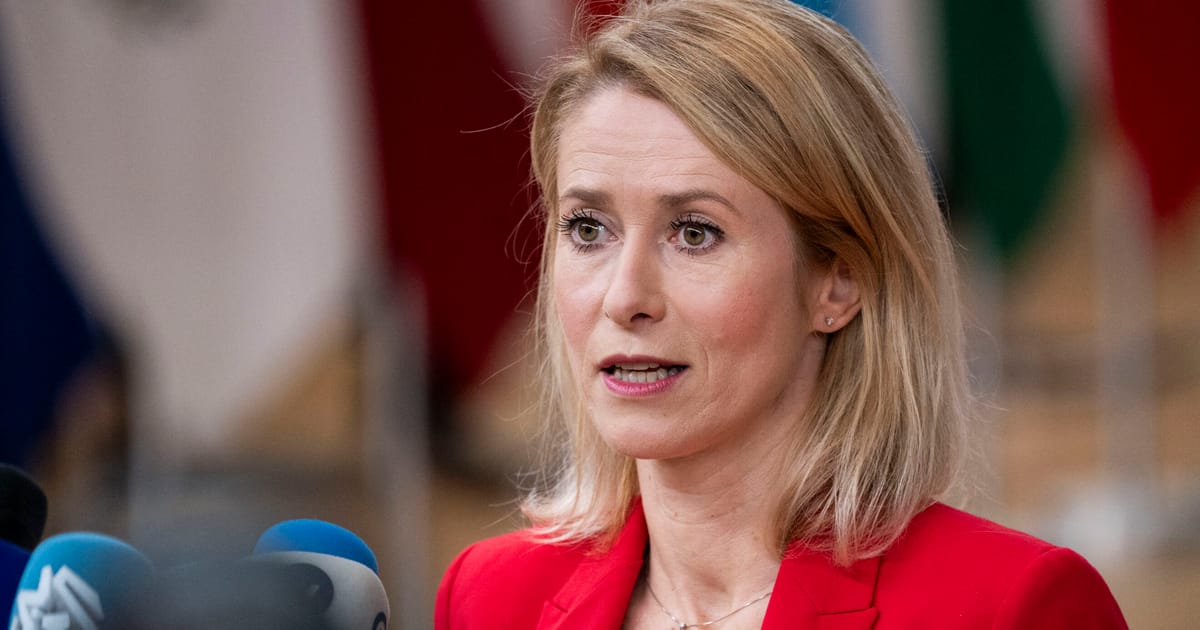Kallas was speaking hours after Poland said it was shutting down Russia’s last consulate in the country due to the railway sabotage, which Polish Prime Minister Donald Tusk said had been executed by Ukrainians working for Russia.
The Polish incident is just the latest in a string of so-called hybrid attacks to hit European countries in recent weeks, from airspace violations by Russian warplanes to drone disruption at airports across the continent to cyber attacks and acts of disruptive vandalism.
EU countries are debating how to respond to such attacks, with some leaders calling for a more robust response clearly attributing the attacks to Russia while others warn against coming out too strongly and spooking the public.
“Now our response is also dependent on those two factors,” added Kallas. “They want to sow fear inside our societies … if our response is too strong then the fear increases, which is what Russia wants. So we really have to have a balanced approach,” she said.
She added that Europe should “send a message of unity to Russia that they cannot get away with these attacks but at the same time give assurances to our society that there is nothing to be afraid of.”
Her message echoed what Finnish President Alexander Stubb told POLITICO earlier this week: “I guess my general advice would be to be more Finnish,” he said, noting that Finland was the object of a hybrid attack involving migrants being sent across the border from Russia.
“Be calm, cool and collected. Be prepared,” he said. “And in instances which you cannot defend, repair. Don’t overreact and use sisu, which means resilience, grit and perseverance. This is the new normal.”
This article has been updated.

